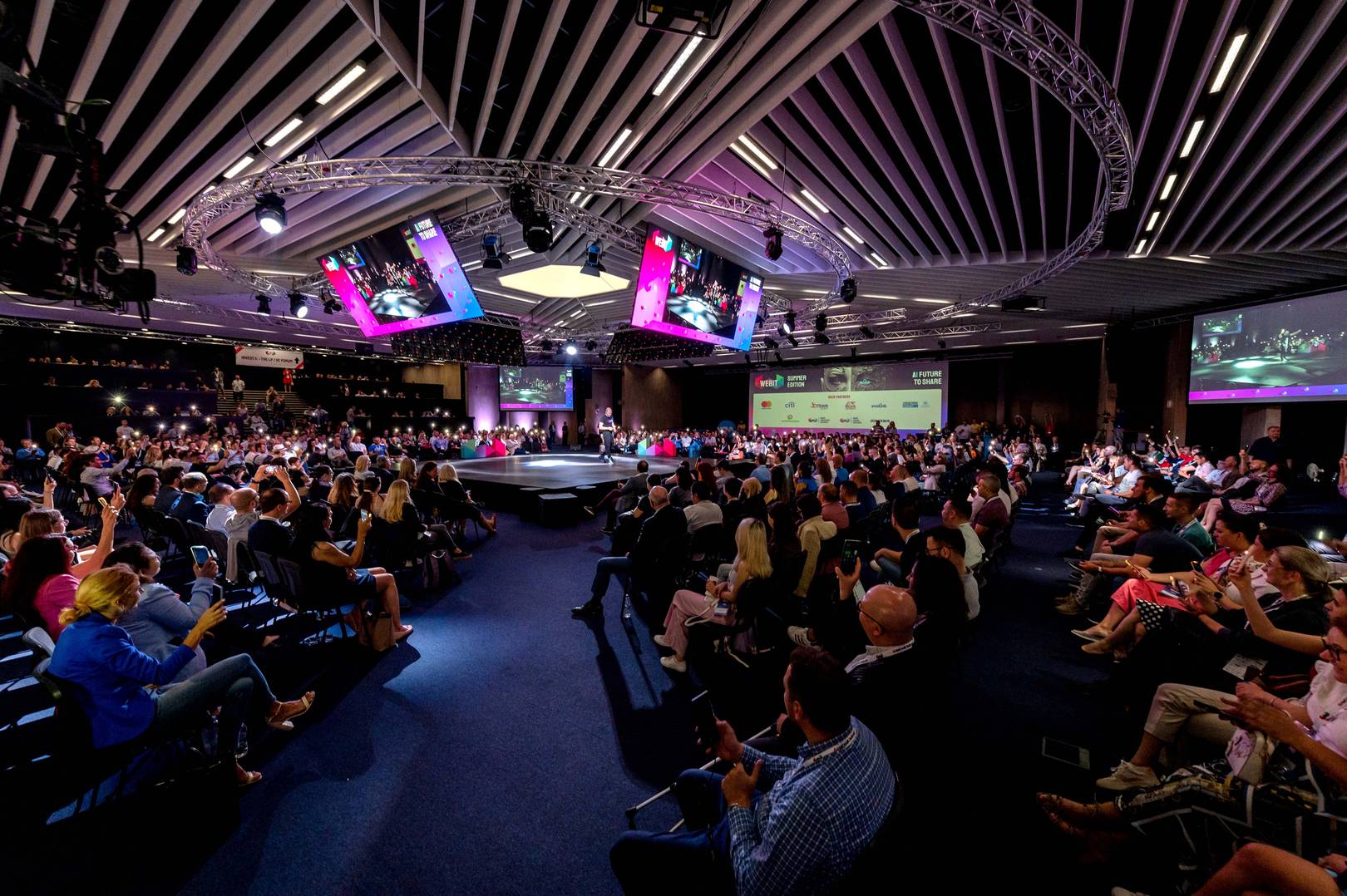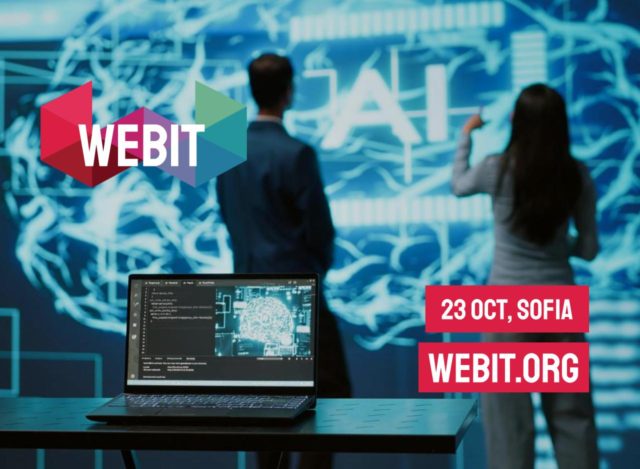As businesses increasingly integrate artificial intelligence (AI) into their operations, the concept of human-AI collaboration is evolving into a crucial aspect of enterprise strategy. This article explores the journey of enterprise-scale human-AI teams, highlighting their development, current state, and future potential.
1. The Early Days: Automation and Task Execution
In the early stages of AI adoption, the primary focus was on automation. Enterprises leveraged AI to perform repetitive tasks, such as data entry, customer service inquiries, and inventory management. These systems were largely rule-based, executing predefined tasks without any real understanding or adaptability.
Key Features:
- Efficiency Gains: Businesses experienced significant improvements in operational efficiency.
- Cost Reduction: Automation reduced labor costs and minimized human error.
- Limited Interaction: The relationship between humans and AI was primarily transactional.
2. The Emergence of Collaborative Intelligence
As AI technology matured, the focus shifted from mere task execution to collaborative intelligence. Enterprises began to realize that AI could enhance human capabilities rather than replace them. This led to the formation of teams where humans and AI worked together to achieve common goals.
Key Features:
- Augmented Decision-Making: AI systems began providing data-driven insights, allowing humans to make better-informed decisions.
- Enhanced Creativity: AI tools supported creative processes, enabling teams to explore new ideas and solutions.
- Skill Development: Workers started acquiring new skills to work effectively alongside AI systems.
3. Integration into Business Processes
Today, AI has become deeply integrated into various business processes. Human-AI teams are now commonplace in areas such as marketing, finance, and supply chain management. These teams leverage AI not just for data analysis but also for predictive modeling, trend analysis, and strategic planning.
Key Features:
- Cross-Functional Teams: AI specialists work alongside domain experts, fostering diverse skill sets.
- Real-Time Collaboration: AI tools provide real-time data, facilitating quick decision-making.
- Continuous Learning: AI systems are designed to learn from interactions, improving their performance over time.
4. Challenges in Human-AI Team Dynamics
Despite the benefits, integrating human and AI capabilities poses several challenges. Issues such as trust, transparency, and ethical considerations are critical in ensuring effective collaboration.
Key Challenges:
- Trust in AI: Employees may be hesitant to rely on AI-generated insights, especially in high-stakes scenarios.
- Transparency: Understanding how AI arrives at its conclusions is essential for fostering trust.
- Job Displacement Concerns: The fear of job loss due to automation can hinder the acceptance of AI in the workplace.
5. The Future: Evolving Roles and Responsibilities
Looking ahead, the landscape of human-AI collaboration is set to evolve further. As AI becomes more sophisticated, the roles within human-AI teams will likely change, emphasizing strategic oversight rather than operational execution.
Future Trends:
- AI as a Partner: AI systems will be viewed as collaborative partners, enhancing human capabilities rather than replacing them.
- Focus on Emotional Intelligence: As routine tasks become automated, skills such as empathy, creativity, and critical thinking will become increasingly valuable.
- Ethical AI Frameworks: Enterprises will prioritize ethical considerations, ensuring that AI usage aligns with societal values.
Conclusion
The evolution of enterprise-scale human-AI teams represents a significant shift in how organizations operate. From basic automation to collaborative intelligence, these teams are redefining productivity and innovation. As we look to the future, the successful integration of human and AI capabilities will depend on addressing challenges and fostering an environment of trust and transparency. Embracing this partnership will be key to unlocking the full potential of AI in the enterprise landscape.

Join the discussion and learn from global leaders in the industry on the 23rd of October in Sofia. https://www.webit.org/festival-europe/index.php
#WebitFestival2024 is an exciting opportunity for industry leaders and experts to come together to discuss the latest trends and developments in the field of AI.
Check our ticket options here:
https://www.webit.org/festival-europe/tickets.php
